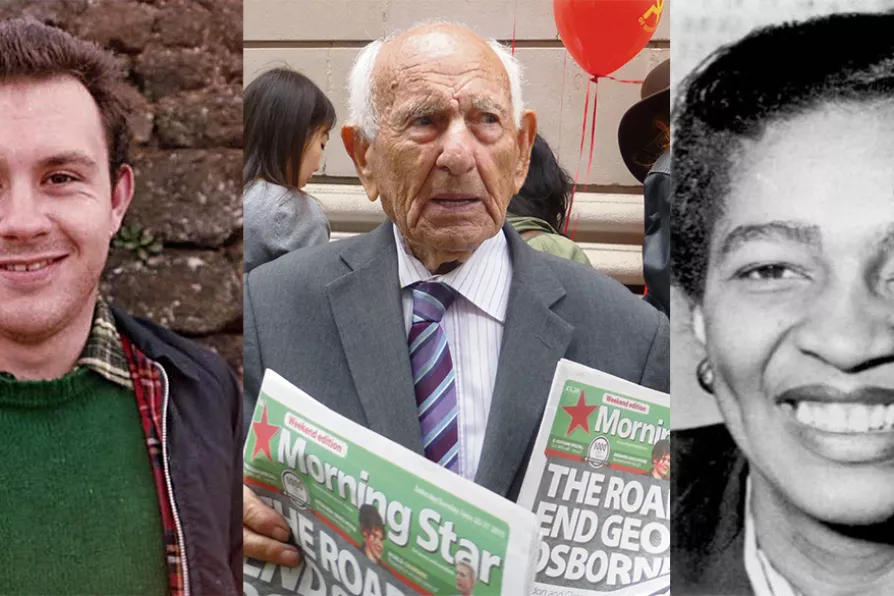The Carpathia isn’t coming to rescue this government still swimming in the mire, writes LINDA PENTZ GUNTER

 From left to right: Gay rights activist Mark Ashton in 1985, Max Levitas holding copies of the Morning Star, and prominent communist and anti-racist Claudia Jones
From left to right: Gay rights activist Mark Ashton in 1985, Max Levitas holding copies of the Morning Star, and prominent communist and anti-racist Claudia Jones
THERE’S a sense in which all politics are identity politics. Politics are about group interests. And groups are made up of people who share common characteristics, interests or identities.
We all have multiple “identities,” some of them in tension. Some — our sex, ethnicity, family background — we’re born with. Others – job, hobbies, parenthood, age — we acquire in life. Many of us suffer disability of some sort. For each of us, such identities intersect to create a whole which is richer and more complex than each of its component parts (some theorists have called this “intersectionality” – something we’ll discuss in a later answer).
The phrase “identity politics” was first used in the 1970s to characterise campaigns against discrimination mounted by disadvantaged or oppressed groups. Some formed their own dedicated organisations; others pressed their demands through established political parties, trade unions or other bodies. Such single issue campaigns have had considerable success in mobilising activists, challenging prejudice and discrimination, winning extensions of civil rights and protections, with benefits extending well beyond the groups directly affected. Some have spawned liberation movements.

The selection, analysis and interpretation of historical ‘facts’ always takes place within a paradigm, a model of how the world works. That’s why history is always a battleground, declares the Marx Memorial Library













